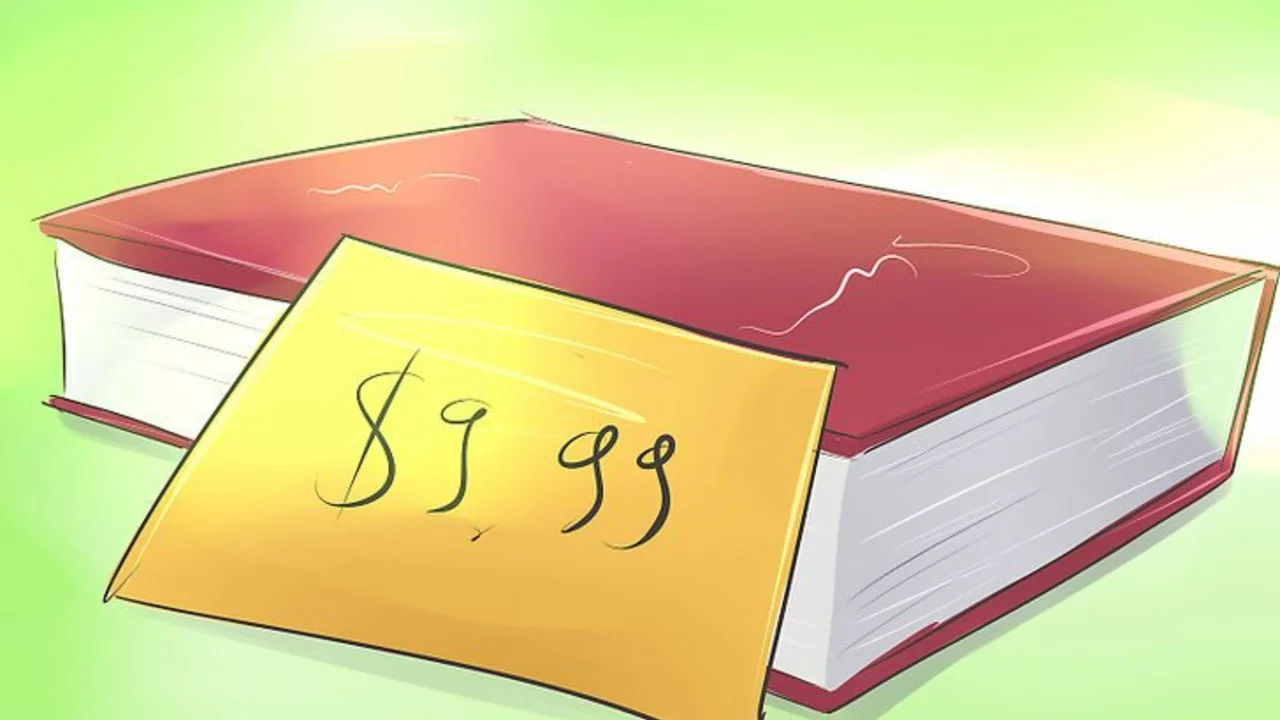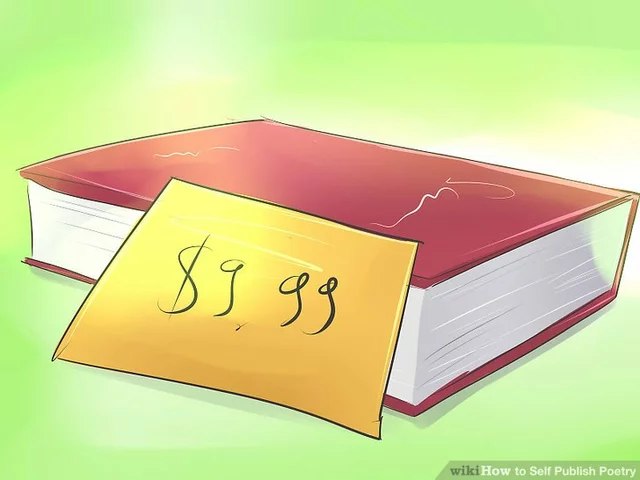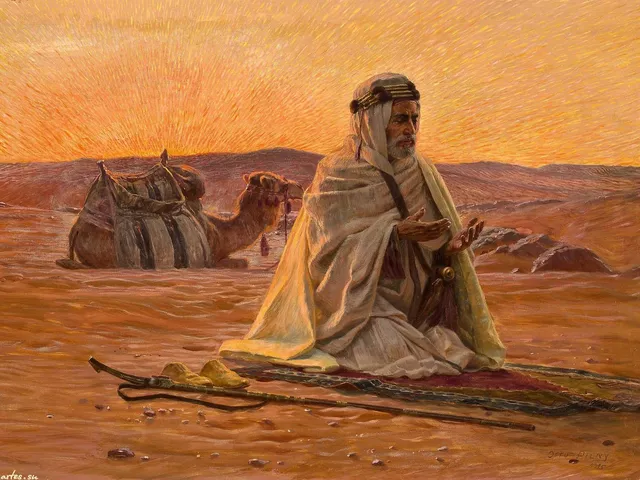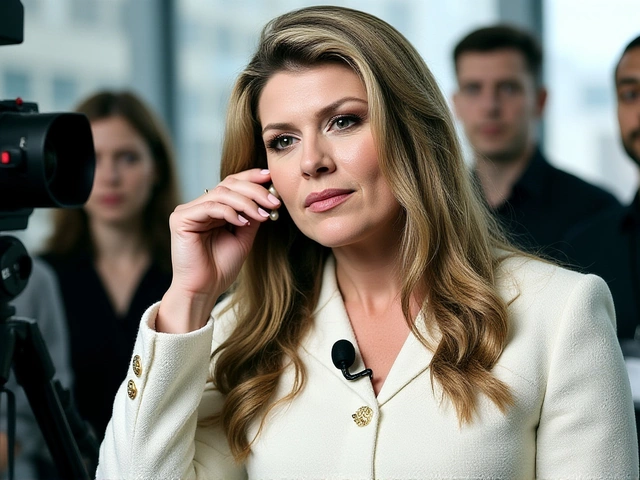Introduction to Poetry Publishing Platforms
As a poet, one of the most fulfilling parts of the craft is sharing your work with others. Whether you're a seasoned poet or just starting to explore this form of expression, finding the right platform to share your poetry is vital. The internet has opened up a whole world of possibilities for poets, with numerous sites that allow you to publish your poems and reach a wider audience. But with so many options out there, how do you choose the best one? In this article, I'll be exploring some of the best sites to publish your poems.
Medium: A Platform for Every Writer
Medium is a fantastic platform for poets who also enjoy writing other types of content. It's a place where anyone can write and share their thoughts, ideas, and, of course, their poetry. The great thing about Medium is its simplicity. You can simply create an account and start publishing your poems. The platform also has a built-in audience, which means that your poems have the potential to be seen by a large number of readers. Medium also offers a Partner Program where writers can earn money based on the engagement their work receives.
AllPoetry: A Community for Poets
AllPoetry is one of the largest and most active online communities for poets. It's a great place to publish your poems and receive feedback from other poets. They run contests regularly, which can be a great opportunity to challenge yourself and get recognition for your work. The site has a free membership option, but there's also a paid membership that offers additional benefits like the ability to join more groups and participate in more contests.
Commaful: Visual Storytelling
Commaful is perfect for poets who want to add a visual element to their poetry. The site allows you to create beautiful, pictorial stories with your words. It's a unique way to present your poetry, and it can make your work even more impactful. Commaful has a large and active community, so it's also a great place to connect with other poets and share ideas.
Wattpad: Connect with Readers
Wattpad is a platform that allows writers to share their work and build a fanbase. It's a great place to publish your poems and connect with readers who love poetry. The site has a massive user base, which means your work has the potential to reach a large audience. Wattpad also offers writers the opportunity to participate in writing contests and get their work featured.
Instagram: Poetry in the Social Media Age
Instagram may not be the first place you think of when you want to publish your poems, but it's become a popular platform for poets. With the use of creative typography and imagery, you can make your poems visually appealing and share them with your followers. Instagram also allows you to engage directly with your audience and build a community around your poetry.
Conclusion: Finding the Best Platform for Your Poetry
In conclusion, the best site to publish your poems depends on your personal preferences and goals as a poet. Each of these platforms offers unique features and benefits, and they all have the potential to help you reach a wider audience with your poetry. Whether you prefer the simplicity of Medium, the community aspect of AllPoetry, the visual storytelling of Commaful, the reader engagement of Wattpad, or the social media integration of Instagram, there's a platform out there that suits your needs as a poet. Happy writing!







